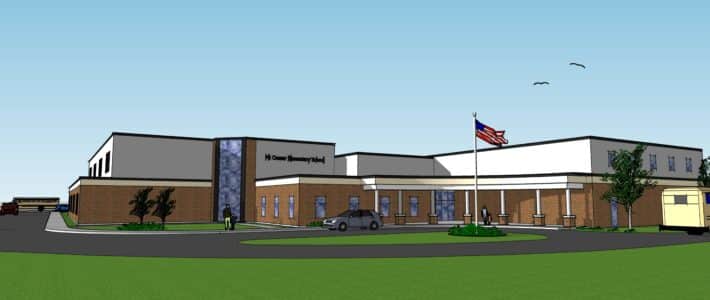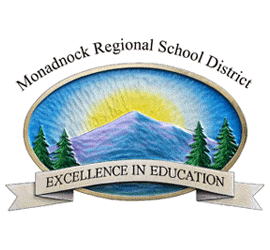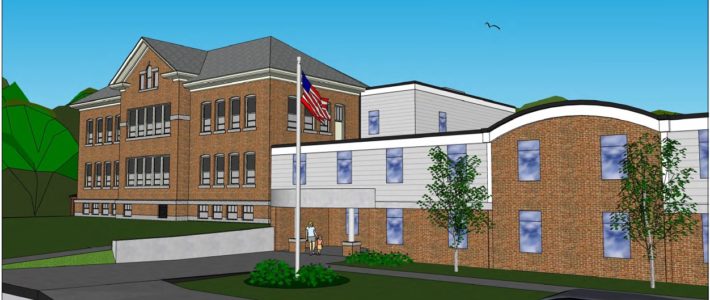Monadnock School District Shares Information About Proposed Budget and Warrant Articles

SWANZEY — Superintendent Lisa A. Witte and School Board Chair Scott Peters wish to inform voters about the Monadnock Regional School District’s proposed Fiscal Year 2024 budget ahead of the vote on the Annual School District Meeting warrant next month.
On Tuesday, March 14, voters in the six towns served by the district will be asked whether they’ll approve of multiple warrant articles, including the operating budget and the proposed renovation and consolidation of the district’s elementary schools.
The proposed operating budget is $34,111,157, which represents a 1.19% increase over the current year’s operating budget — a total increase of $399,954.
Additionally, voters will be asked whether they approve a separate $250,379 expenditure to support items addressed in the collective bargaining agreement with support staff. This funding would be added to the district’s operating budget for the coming year.
To view the entire Annual District Meeting warrant, click here.
Along with the operating budget, the district is asking voters to authorize a bond issue that would enable significant renovations to its elementary schools, including:
- Additions and renovations at Emerson Elementary School, Gilsum STEAM Academy, Mount Caesar Elementary School, and Troy Elementary School.
- Closing of Cutler Elementary School, with the Cutler population moving to Mount Caesar. This places students from Richmond, Roxbury, and Swanzey in preschool to Grade 6 on one campus.
The consolidation/renovation project will bring the buildings into compliance with modern building codes and the Americans with Disabilities Act, update HVAC systems, add energy-efficient lighting, and update electrical and septic systems, as well as improve campus safety and security. Facility upgrades will improve physical education and fine arts spaces, and support modern classroom technologies to ensure equitable education across the district.
The forecasted cost for the project is $41.5 million, with the state Department of Education contributing $19.4 million in aid to offset that cost if voters approve the project.
To complete the project, the district will seek to issue a bond. Doing so requires a combined three-fifths approval by voters in the sending communities of Fitzwilliam, Gilsum, Richmond, Roxbury, Swanzey, and Troy.
###

